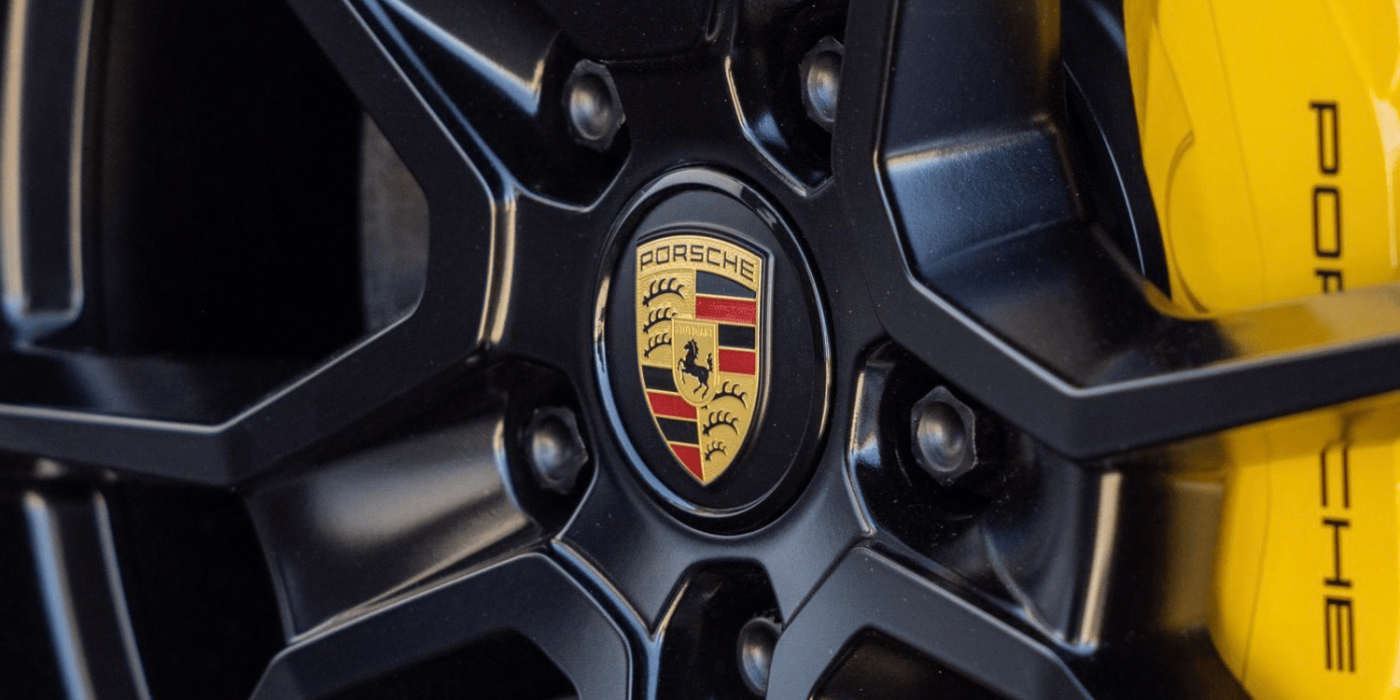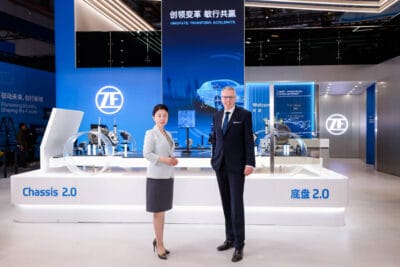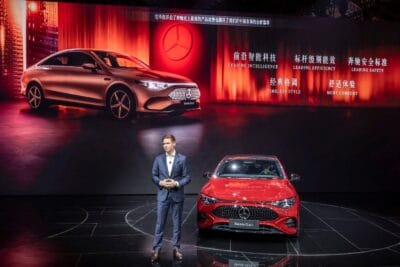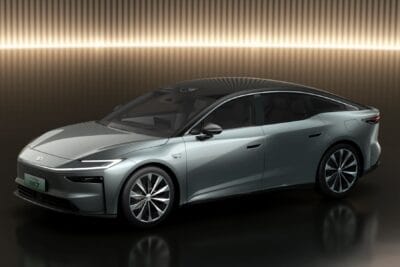Porsche rumoured to be working on electric 911
Contrary to previous statements, Porsche apparently not only wants to hybridise its sports car icon 911, but also realise a purely electric version. According to a media report, an electric 911 is to come before the end of this decade. However, there are probably delays with the electric Macan.
According to a report in Manager Magazin, the electric version of the 911 is to be built with solid-state batteries before the end of the decade. For this purpose, Porsche is cooperating with the Californian subsidiary QuantumScape, the magazine writes with reference to company circles in Wolfsburg. However, Porsche has not confirmed the development of the electric 911.
How Porsche deals with its icon, first presented in 1963, in the face of increasing electrification has become something of a political issue for the sports car manufacturer. A hybrid version has been discussed and developed for many years, but has not yet been put into production. Since the rear-engine concept with the six-cylinder boxer and the interior with the 2+2 seating layout are not to be touched, the installation space for additional hybrid components is scarce. However, if the electric part of the drive system is cut too far, the benefits will diminish and bring neither the hoped-for CO2 savings nor the performance boost.
Currently, the direction of travel in Zuffenhausen is that all model series except the 911 are to be converted to electric drives by 2030. For the brand icon, in addition to the possible partial electrification, synthetic fuels are to do the trick in order to make the car CO2-neutral.
This is also confirmed by Manager Magazin in the current report. Porsche boss Oliver Blume is “thinking ahead”. He is having his developers continue to work on an electric version despite the official e-fuel plans for the model. There are particularly high expectations of a new 911 at Porsche.
For a long time, the battery, which is too heavy, was also used as an argument against an electric vehicle version for the smaller two-seater sports cars Boxster and Cayman, as it made the desired sportiness in driving behaviour difficult or even impossible. However, a solution seems to have been found for the smaller sports cars: In mid-March, Porsche confirmed that the successor generation would be launched in the middle of the decade with electric drives only.
For the 911, the demands are higher; here, the solid-state battery will apparently manage to further reduce the weight and at the same time enable high ranges. Exact details about QuantumScape’s solid-state cells are only partially known. At the beginning of February, the US company published an announcement stating that its lithium metal solid-state battery cells still retained more than 80 per cent of their initial energy after 400 cycles of 15-minute fast charging. If an electric car with such cells had a range of 400 miles or 644 kilometres, 400 cycles would already correspond to a total mileage of 257,500 kilometres.
For Porsche, which often boasts about how many of all 911s built are still on the road, something over 250,000 kilometres is probably not yet acceptable. Whether the technology makes the expected progress and can also be built in series by the end of the decade is open – so delays are possible.
According to Manager Magazin, there will also be delays with the electric successor to the Macan. Due to software problems, the E-Macan will at best not be ready until the end of 2023. However, the problems are not all Porsche’s fault: “The Volkswagen subsidiary responsible, Cariad, is fighting against too many error messages,” the report says.
With reporting by Sebastian Schaal, Germany.
manager-magazin.de (in German)





0 Comments